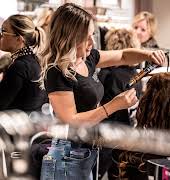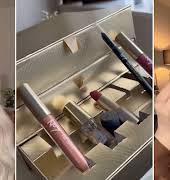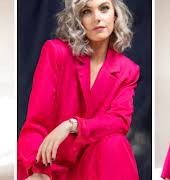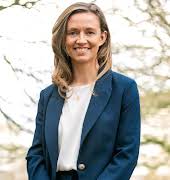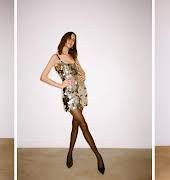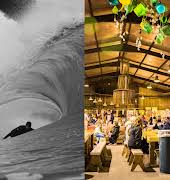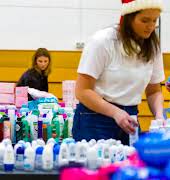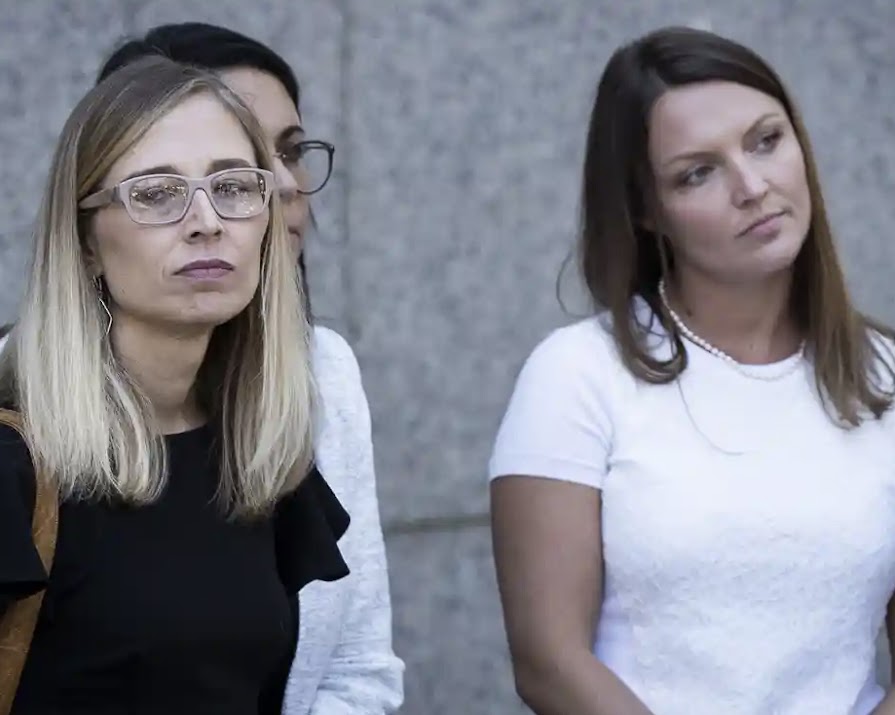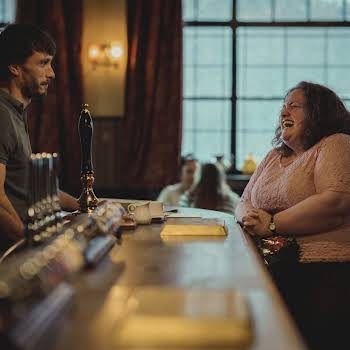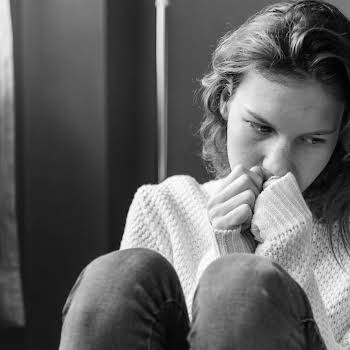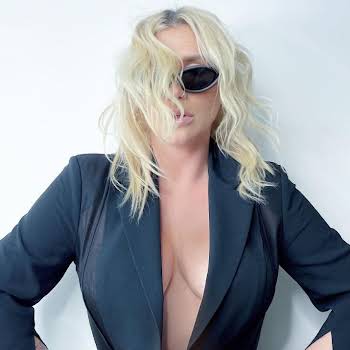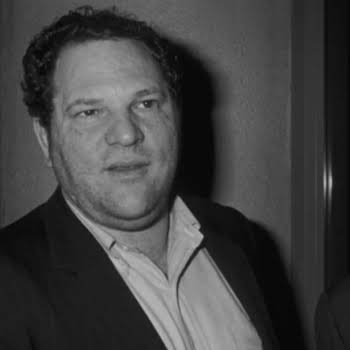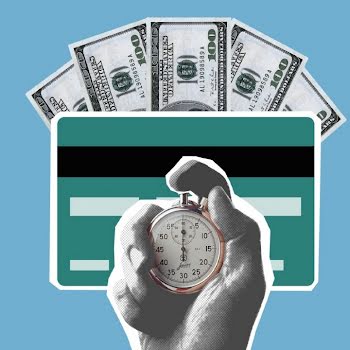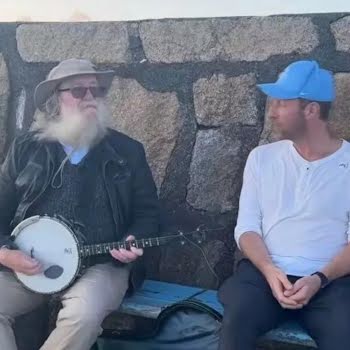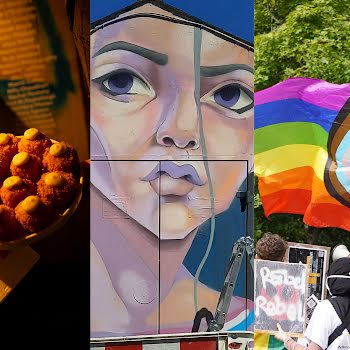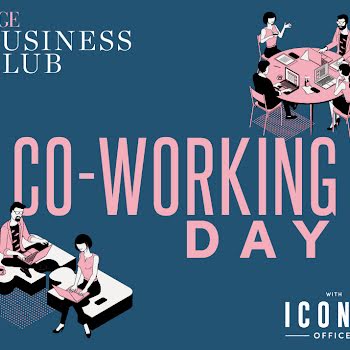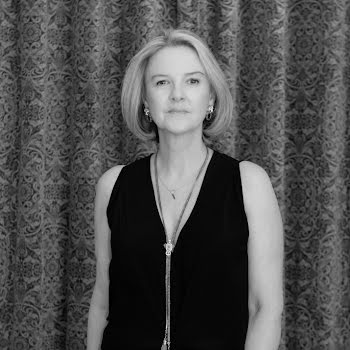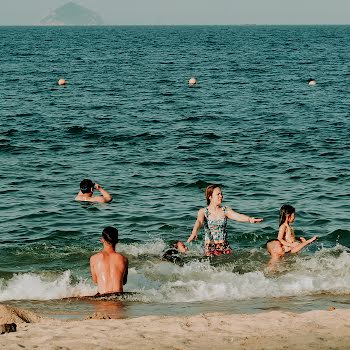
Prince Andrew, Epstein, Maxwell and the problem with calling girls ‘underage women’
Referring to girls as 'underage women', as has been seen in the cases against Prince Andrew, Jeffrey Epstein and Ghislaine Maxwell, completely disregards age as a key power imbalance
Language matters.
I know this as a writer, as a reader, as a member of society – as a woman. By woman, I mean, of course a grown adult female. As an adult, my choices about consent and my decisions based on maturity become my own.
But all too frequently, the terminology around cases involving girls being exploited refers to these minors as ‘underage women’. And it is deeply offensive.
Advertisement
By using the term “underage women” it gives the impression that what went on was consensual, whereas “girls” and “children” depicts innocent individuals that were preyed upon.
Exploited
This month, the topic is front and centre as Prince Andrew looks set to finally go to court for the sexual assault of a teenage girl, coming on the heels of Ghislaine Maxwell’s guilty verdict of five out of six counts involving sex trafficking of a minor, enticing a minor to travel to engage in illegal sex acts, transporting a minor with the intent to engage in criminal sexual activity, and three other related counts of conspiracy.
12 members of the joint jury found Maxwell guilty, in a ruling that depended almost entirely on the credibility of the 24 witnesses.
The well-known history of abuses of the financier Jeffrey Epstein shadows the close relationship he had with Maxwell, former sentimental partner, manager of his properties and, according to the verdict, madam of the abuse network.
Underage women are girls. But the mistake, repeated continuously, has been in its own way revealing. It suggests a culture that remains reluctant to equate the interests of powerful men and the interests of vulnerable girls.
Of course, when it comes to the age of consent, it differs across jurisdictions, which may explain some of the discrepancies between “girls” and “women” in media reporting and court proceedings.
Advertisement
But misnaming abuse is dangerous. It smacks of dodging the truth – minimising the appalling nature of what went on.
Underage women are girls. But the mistake, repeated continuously, has been in its own way revealing. It suggests a culture that remains reluctant to equate the interests of powerful men and the interests of vulnerable girls. Age is a key indicator of that power imbalance.
Thoroughly Male Gazed
It also suggests an ongoing ambivalence about what it means to be a girl in the first place. It is reminiscent of the glib comments made by Epstein himself in 2011 after his release from prison.
“I’m not a sexual predator; I’m an ‘offender,’” Epstein said to the New York Post in 2011. “It’s the difference between a murderer and a person who steals a bagel.”
This argument added a new element; suggesting that consent laws were little more than prudishly narrow accidents of history, according to The Atlantic.
“Recruiting underage women” and grooming minors are two sides of the same dirty coin. Remember that some of the girls Epstein had performed sexual massages were as young as 14 years of age.
Advertisement
These crooked semantics matter. It’s a misleading impression. Besides, when have we ever heard the term “underage men”?
This month in particular, it’s worth remembering the words of the late Desmond Tutu about power imbalance. “If an elephant has its foot on the tail of a mouse and you say that you are neutral, the mouse will not appreciate your neutrality.”
Let’s not be ambivalent. Many of these girls were exploited because they were not yet capable of sorting the wheat from the chaff – or, in this case, the predator from the billionaire or the prince.


